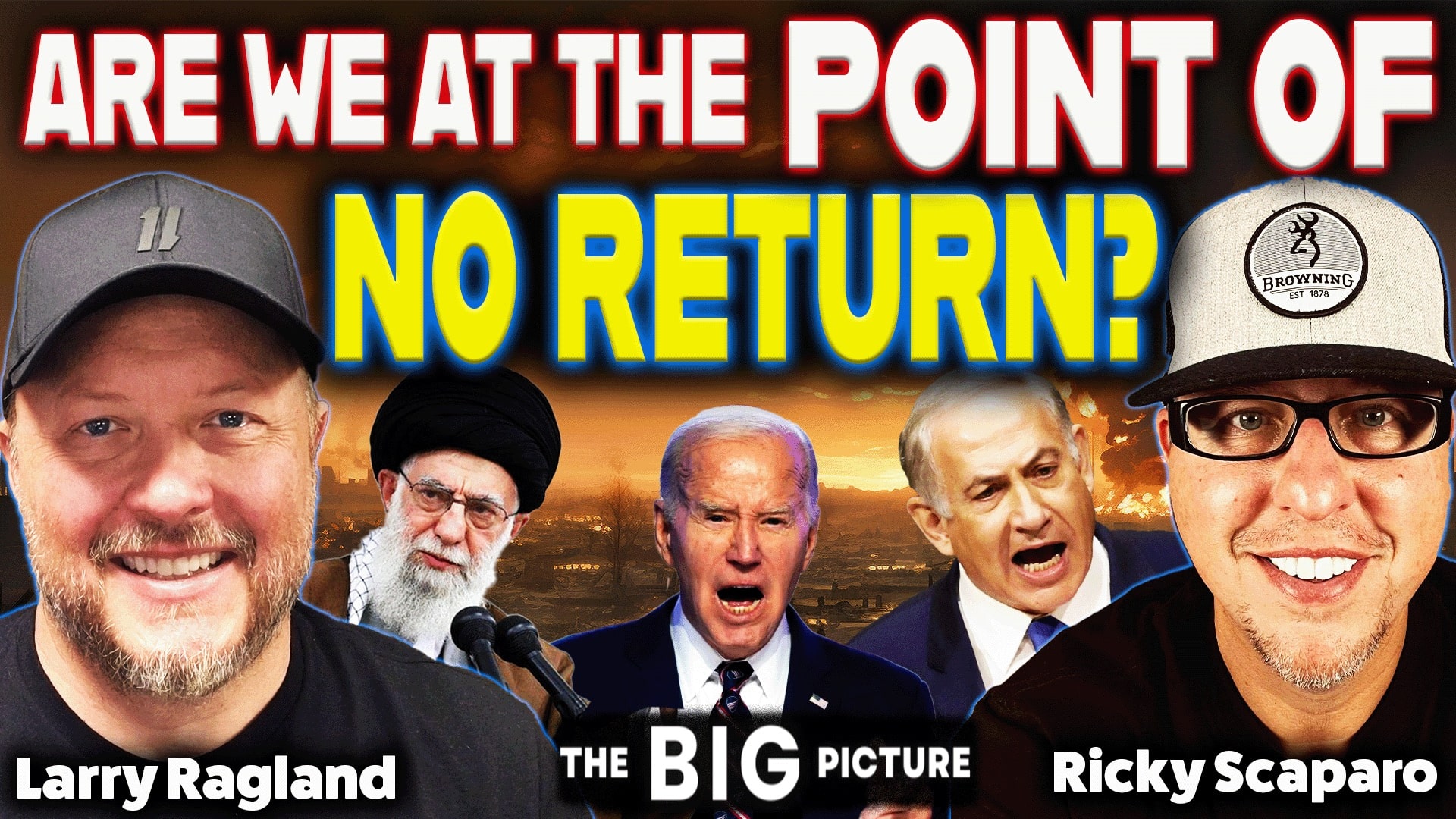Monkeypox’s threat to the world has been upgraded to ‘moderate’ by the World Health Organization (WHO), as the tropical virus spreads to dozens of countries. According to a report from the Daily Mail, The WHO said the explosion of cases with no links to each other or Africa means the current figure is ‘likely to be an underestimate’.
It has warned that if infections continue to happen then vulnerable people and children — who are more likely to die from the virus — could start to catch it. So far the outbreak, which was first detected in early May, has spread to 24 countries and been diagnosed in 106 Britons, the majority of whom are men who have sex with men.
There are also growing concerns the virus will spill into wild animals and become endemic around the world, as is the case in parts of central and western Africa. Passing between humans and animals would also raise the risk of monkeypox mutating.
At the moment the risk to public health is moderate, but the WHO said it had the potential to ‘become high’.It comes after a former WHO doctor claimed last week that monkeypox may have been spreading in the West for years undetected. Scientists cannot rule out that the current outbreak was fuelled by gay parties in Europe.
“The public health risk could become high if this virus exploits the opportunity to establish itself as a human pathogen and spreads to groups at higher risk of severe disease such as young children and immunosuppressed persons,” WHO said. Meanwhile, the sudden appearance of monkeypox at once in several countries where it is not endemic suggests undetected transmission for some time, WHO said.
The monkeypox virus is closely related to the virus that causes smallpox, which was eradicated globally in 1980, and the smallpox vaccine can protect people from getting monkeypox. Officials in Quebec and in some overseas jurisdictions have already announced plans to vaccinate people with the smallpox vaccine.
Quebec’s public health director Dr. Luc Boileau said Thursday that the province would offer the vaccine — which hasn’t been routinely offered in Canada for decades — to those at high risk of contracting the disease, such as those who have been in contact with confirmed cases. Officials in France and the U.K. have also signaled their intention to vaccinate people, while the European Union is working on a common purchasing agreement for vaccines and antivirals against monkeypox.
















